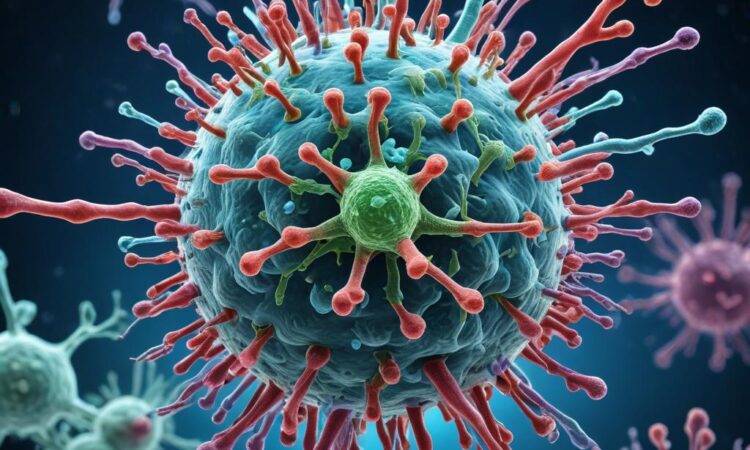Superbugs on the Rise: The Fight Against Antimicrobial Resistance
Okay, let’s talk about something seriously important: antimicrobial resistance (AMR). You might have heard it called “superbugs,” and that’s pretty much what it is – bacteria, viruses, fungi, and parasites that have become resistant to the drugs we use to treat them. Think of it like a never-ending arms race, except the enemy is evolving faster than we can develop new weapons.
This isn’t just some far-off problem; it’s a major global health crisis. The World Health Organization (WHO) has been sounding the alarm for years, and for good reason. Every year, millions of people get sick with infections that are resistant to antibiotics and other antimicrobial drugs. Without effective treatments, these infections can lead to serious complications, longer hospital stays, and even death.
So, what’s the big deal? Well, imagine you get a nasty infection, like pneumonia. Normally, you’d pop some antibiotics, and you’d be feeling better in a few days. But what if those antibiotics don’t work? Suddenly, something that was once easily treatable becomes a life-threatening emergency. That’s the reality of AMR.
The problem is complex, and there isn’t a single, easy solution. But researchers around the world are working hard on several fronts. One major area of focus is developing new antibiotics and other antimicrobial drugs. This is a tough challenge – it takes years, and tons of money, to develop a new drug that’s both effective and safe. But there’s progress being made, with some promising new compounds in the pipeline.
Beyond new drugs, scientists are also exploring alternative treatments. This includes things like bacteriophages (viruses that infect and kill bacteria), immunotherapy (using the body’s own immune system to fight infection), and even tweaking existing antibiotics to make them more effective against resistant strains. It’s a bit like a detective story, figuring out the best way to outsmart these superbugs.
But developing new treatments isn’t the only answer. Prevention is key. One of the biggest contributors to AMR is the overuse and misuse of antibiotics. We need to be smarter about how we use these powerful drugs. Doctors need to prescribe them only when necessary, and we all need to finish our prescribed courses, even if we start feeling better before we’re done. This helps prevent the development of resistant strains.
Improved hygiene and sanitation are also crucial. Many infections are spread through contaminated food, water, or surfaces. Better hygiene practices can significantly reduce the spread of infections and the need for antibiotics in the first place. Think handwashing – it’s seriously underrated! Also, infection control practices in hospitals and healthcare settings are vital to prevent the spread of resistant bacteria.
The fight against AMR is a global effort. Scientists, doctors, policymakers, and even individuals all have a role to play. International collaborations are essential to share research findings, develop new strategies, and ensure that everyone has access to effective treatments. Organizations like the WHO are working hard to coordinate these efforts, raising awareness, and promoting responsible antibiotic use.
The Lancet Infectious Diseases and other leading medical journals are constantly publishing research on new approaches to combatting AMR. These studies highlight both the challenges and the potential breakthroughs in our ongoing fight against these drug-resistant pathogens. It’s a complex issue, requiring innovative solutions and global cooperation to overcome.
So, what can you do? For starters, be informed. Talk to your doctor about antibiotics, and only take them when absolutely necessary. Practice good hygiene, and support initiatives promoting responsible antibiotic use. Even small actions can make a big difference in this global battle.
This isn’t just a problem for scientists and doctors; it’s a problem for all of us. The future of healthcare depends on our collective effort to combat antimicrobial resistance. Let’s work together to find solutions and ensure that future generations have access to effective treatments for infections.

